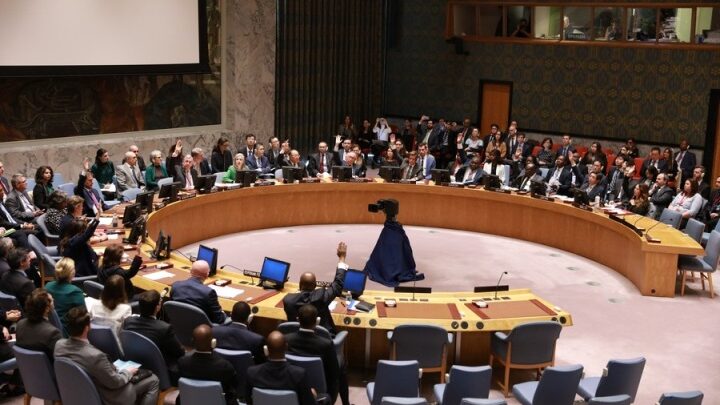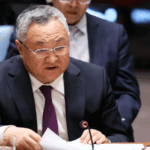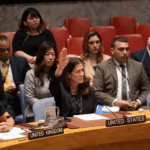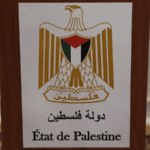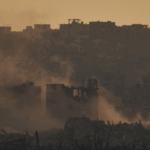As the Gaza conflict intensifies, American foreign policy faces sharp criticism for contradictions between its rhetoric and actions. Harvard professor Stephen Walt, in a CGTN interview, called out the U.S. for \"hypocrisy\" in claiming to uphold human rights while repeatedly vetoing UN ceasefire resolutions and supplying arms to Israel. 💣
The Hypocrisy Paradox 🤔
Walt argued the U.S. posture \"makes a mockery of rules-based order ideals\" as civilian casualties soar. Despite global calls for de-escalation, Washington continues military support to Israel—prompting activists to ask: How does blocking peace talks align with being a 'beacon of freedom'?
Vetoes, Violence, and Global Reactions 💥
With over 34 UN Security Council resolutions on Palestine vetoed by the U.S. since 1972, recent moves have drawn ire from Global South nations and youth-led movements. Social media campaigns like #CeasefireNow amplify demands for accountability, while policymakers debate whether geopolitical alliances trump humanitarian principles.
As Walt puts it: \"When power overrides truth, justice becomes collateral damage.\" 🔥
Reference(s):
Why does 'beacon of freedom' U.S. veto Palestine's freedom to exist?
cgtn.com
